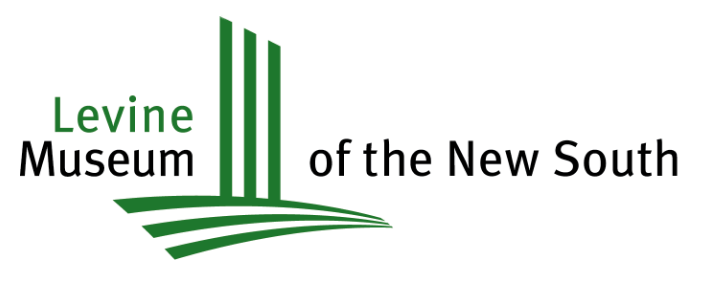This editorial was written in response to Charlotte dentist Dr. Reginald Hawkins’ efforts to desegregate all YMCA branches in the city and illustrates some of the challenges civil rights activists faced in their efforts to desegregate public spaces. Charlotte YMCAs were desegregated in April 1965. This source uses outdated language to describe African Americans.
Transcription:
Jefferson Standard Broadcasting Company
Editorial: Hawkins and the YMCA
May 21, 1964
To many people, Dr. R. A. Hawkins may seem to have a case in picketing the Charlotte YMCA because he was refused membership in the health club. The McCrorey YMCA, an excellent organization operated by Negroes and for Negroes, gives the people of that race just about everything they could get at an integrated Central Y. The only real objection that Dr. Hawkins has, therefore, is that this system represents the separate-but-equal principle that Negro leaders are trying to get rid of.
But, although he may have a case, Dr. Hawkins made no effort to adjust his complaint by peaceful means. All he did was to apply for membership in the Health Club. The application was submitted to the Board and was declined, but the board offered to form a similar club at McCrorey Y.
Every YMCA is completely independent, and McCrorey is no exception. It has its own Board, elected by its own members, and nobody can tell it what to do or how to run its organization.
When the board at Central suggested a health club at McCrorey for Dr. Hawkins’ benefit, the McCrorey board declined.
Hawkins then had two courses open to him. One was to take up the matter directly with the Central board. This he did not do. He did not appear personally, he did not write a letter, he did not even make a telephone call.
Or he could have approached the matter through the Mayor’s Committee on Racial Relations. This committee has won national recognition for its success in settling racial differences in Charlotte. Its services were open to Dr. Hawkins, but he did not use them.
His action in picketing the YMCA, therefore, came without warning and without any visible effort at compromise. This urge to man the barricades rather than to reason together, will lose more friends for the Negro cause than it makes.
Among Charlotte organizations, the YMCA has one of the best records for race relations. Long before the sit-ins at lunch counters and before the Mayor’s committee started work on that problem, Negroes could eat at the YMCA, and it was the only downtown place where they could eat.
Most of the money coming from the United Appeal goes, not to Central Y, but to McCrorey for its expansion program which will give it facilities comparable to those at Central. The members of McCrorey and its Board of Directors are said to want it that way.
Dr. Hawkins may have a grievance, especially in light of the fact that the YMCA receives United Appeal Funds given by the public at large. But the direct action he prefers is self-defeating when the means of conciliation are as available as they are in Charlotte.
_________________________________________________________________________________________
Citation: WBTV. WBTV editorial: Hawkins and the YMCA. 21 May 1964. Goldmine at the J. Murrey Atkins Library at University of North Carolina Charlotte, https://goldmine.charlotte.edu/islandora/object/mss:7506. Accessed 19 June 2023.
Questions
- According to this editorial, what strategies or actions did Dr. Hawkins and other activists take to achieve desegregation?
- What critiques of Dr. Hawkins and the efforts to desegregate Charlotte YMCAs does the editorial offer?
- Does this editorial support or oppose the desegregation of Charlotte YMCAs? Support your answer with evidence from the source.
Vocabulary
Picketing: standing or marching, usually with a sign, to protest something
Separate-but-equal: the idea that races can be made to separate legally in public places as long as the facilities provided are equal
Board (Board of Directors): the group that governs an organization or company
Barricades: defensive barriers used to obstruct or block
Grievance: complaint against something unfair or unjust
Conciliation: agreement between disputing groups





